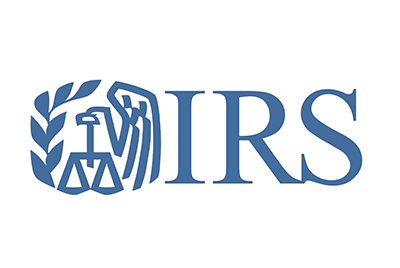IRS Issues FAQs on Disaster Relief Related to Retirement Plans and IRAs
–
May 6, 2024

The Internal Revenue Service today issued frequently asked questions (FAQs) in Fact Sheet 2024-19, relating to rules for distributions from retirement plans and IRAs and for retirement plan loans, for certain individuals impacted by federally declared major disasters.
The FAQs relate to the SECURE 2.0 Act of 2022 (SECURE 2.0) provision that provides for ongoing disaster relief for certain distributions and loans in the case of federally declared major disasters. Prior to the changes made by SECURE 2.0, there was no disaster relief allowing these distributions and loans that applied generally for all major disasters.
The FAQs are intended to assist individuals, employers, and retirement plan and IRA service providers, and they are divided into four categories:
- General information
- Taxation and reporting of qualified disaster recovery distributions
- Repayment of qualified distributions taken for the purpose of purchasing or constructing a principal residence in a qualified disaster area
- Loans from certain qualified plans
The information in this guide has been gathered from many sources, including the Internal Revenue Service, the Social Security Administration, state agencies, professional organizations and members of the NJCPA. The COVID-19 pandemic has prompted the majority of state agencies to offer more online and prerecorded services. Though offices have reopened after the COVID-19 shutdown, it’s best to check online or call before you visit.
Material contained within this guide should be augmented by, and used in accordance with, a certified public accountant's professional judgment. Your CPA can properly apply the tax laws and regulations to the facts and circumstances of your particular situation. For help with locating a CPA, visit findacpa.org.
The New Jersey Society of Certified Public Accountants is not responsible for any claims arising as a result of this information or its usage.
This guide was updated in October 2023. Future users of this material are cautioned that some portions, particularly tax-related information, may become outdated.